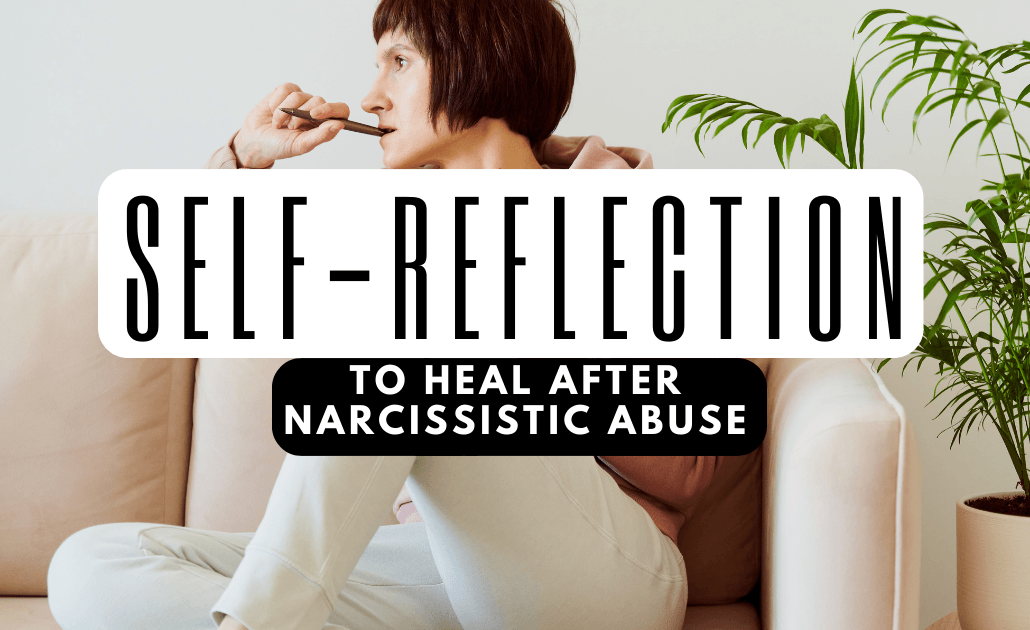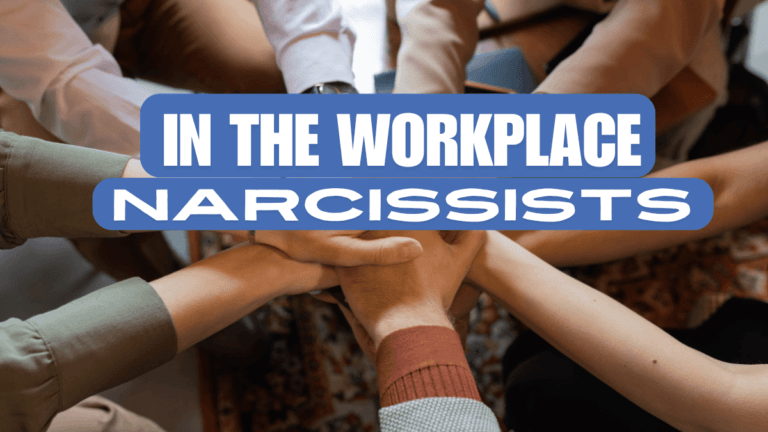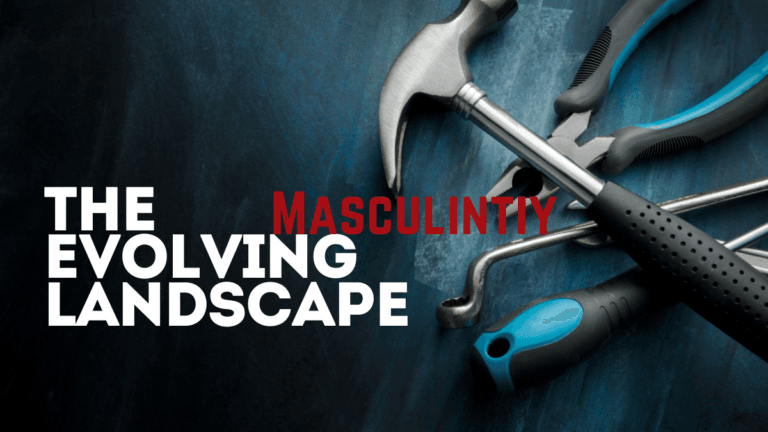6 Reasons to Self-Reflect While Recovering from Narcissistic Abuse
Self-reflection is a fundamental process of examining and evaluating our thoughts, feelings, experiences, and actions. It involves taking a step back from the hustle and bustle of daily life to introspect and gain a deeper understanding of ourselves.
This practice holds numerous benefits that contribute to personal growth, emotional well-being, and overall success:
Self-awareness: Self-reflection fosters self-awareness, which is the foundation of personal development. By reflecting on our thoughts and behaviors, we become more in tune with our emotions, strengths, weaknesses, values, and aspirations. This self-awareness allows us to make more informed decisions aligned with our true selves.
Emotional intelligence: Regular self-reflection enhances emotional intelligence. It helps us recognize and understand our emotions, which in turn enables us to manage them effectively. This heightened emotional awareness also improves our ability to empathize with others, fostering better interpersonal relationships.
Goal clarity: Reflecting on our goals and aspirations helps us clarify what we truly want in life. It allows us to set realistic and meaningful goals, which in turn increases our motivation and focus. When we have a clear sense of purpose, we are more likely to make decisions and take actions that align with our objectives.
Learning from experiences: Self-reflection enables us to learn from our successes and failures. By analyzing our past experiences, we can extract valuable lessons and insights that guide us in making better choices moving forward. This process of learning from mistakes is essential for personal and professional growth.
Problem-solving: When we take the time to reflect, we engage in deeper problem-solving. We can examine challenges from various angles, consider different solutions, and anticipate potential outcomes. This analytical approach often leads to more effective solutions and a greater sense of empowerment.
Reduced stress: Self-reflection provides a space for us to unload our thoughts and emotions, reducing stress and anxiety. It allows us to sort through our concerns and gain perspective on situations that might be causing us distress. This process of releasing internal tension contributes to improved mental well-being.
Adaptability: Through self-reflection, we develop the ability to adapt and change. By evaluating our past decisions and behaviors, we can identify patterns that may be hindering our progress. This awareness gives us the opportunity to make adjustments and embrace change as needed.
Improved relationships: Self-reflection enhances our interpersonal skills by helping us understand how our behaviors and communication styles affect others. This understanding promotes better communication, empathy, and conflict resolution in our interactions with family, friends, and colleagues.
Enhanced creativity: Engaging in self-reflection stimulates creativity. By exploring our thoughts and experiences, we can generate new ideas and perspectives. This creative thinking can be applied to various aspects of life, from problem-solving to artistic expression.
Personal fulfillment: Ultimately, self-reflection leads to a deeper sense of personal fulfillment and happiness. When we invest time in understanding ourselves and aligning our actions with our values, we experience a greater sense of authenticity and contentment.
In a fast-paced world, taking the time for self-reflection might seem like a luxury, but its benefits extend far beyond the immediate moment. It’s a practice that empowers us to lead more intentional, meaningful, and satisfying lives.
Self-Reflection and Introspection While Recovering from Narcissistic Abuse
Self-reflection plays a crucial role in the healing and recovery process after experiencing narcissistic abuse. Narcissistic abuse can leave deep emotional scars and have a significant impact on a person’s sense of self-worth, identity, and overall well-being.
Engaging in self-reflection can be instrumental in navigating the aftermath of such abuse for several reasons:
Understanding the dynamics: Self-reflection allows survivors to gain a better understanding of the dynamics of narcissistic abuse. It helps them recognize the manipulative and controlling behaviors of the abuser and understand how these tactics were used to exploit and harm them.
Reclaiming personal power: Narcissistic abusers often seek to strip their victims of their autonomy and self-esteem. Self-reflection helps survivors recognize their own strengths, resilience, and agency. By examining their experiences, survivors can reclaim their sense of personal power and rebuild their self-confidence.
Validating emotions: Survivors of narcissistic abuse may have been gaslit and made to doubt their own feelings and perceptions. Engaging in self-reflection allows them to validate their emotions and experiences. This validation is an essential step in healing and rebuilding self-trust.
Breaking the cycle: Victims of narcissistic abuse can inadvertently internalize some of the abusive patterns they’ve experienced. Self-reflection helps survivors identify and break these patterns, preventing them from perpetuating unhealthy behaviors in their future relationships.
Processing trauma: Narcissistic abuse can be traumatic, and self-reflection provides a space for survivors to process the trauma they’ve endured. By examining their thoughts and feelings, survivors can begin to release emotional pain and start the healing process.
Rebuilding self-identity: Narcissistic abusers often attempt to distort the victim’s self-perception. Self-reflection aids in rediscovering one’s true identity, values, and interests that may have been overshadowed during the abusive relationship.
Setting boundaries: Self-reflection helps survivors recognize the importance of healthy boundaries. They can reflect on instances where their boundaries were violated and develop strategies to establish and maintain boundaries moving forward.
Promoting self-care: Engaging in self-reflection can highlight the need for self-care and self-compassion. Survivors can identify the areas of their lives that require attention and nurturing, whether it’s their emotional well-being, physical health, or personal interests.
Learning red flags: Reflecting on the abusive relationship can help survivors identify the red flags that were present early on. This awareness can serve as a protective mechanism in future relationships, enabling them to recognize potential signs of abuse and take action to protect themselves.
Fostering growth: While the pain of narcissistic abuse is profound, self-reflection allows survivors to find meaning and growth within their experiences. By examining how they’ve overcome challenges, survivors can cultivate resilience and emerge stronger from their ordeal.
It’s important to note that self-reflection should be part of a holistic healing process, which may also involve seeking therapy, support groups, and professional guidance. The goal is to empower survivors to rebuild their lives, regain their sense of self, and create healthy, nurturing relationships moving forward.
- Have you ever experienced a situation where self-reflection played a crucial role in helping you overcome challenges and heal from emotional wounds?
- How do you think engaging in self-reflection can aid in recognizing and breaking unhealthy patterns, especially in the aftermath of difficult relationships?
- What are some strategies you’ve found effective for fostering self-compassion and rebuilding your self-identity after facing challenging situations like narcissistic abuse?







